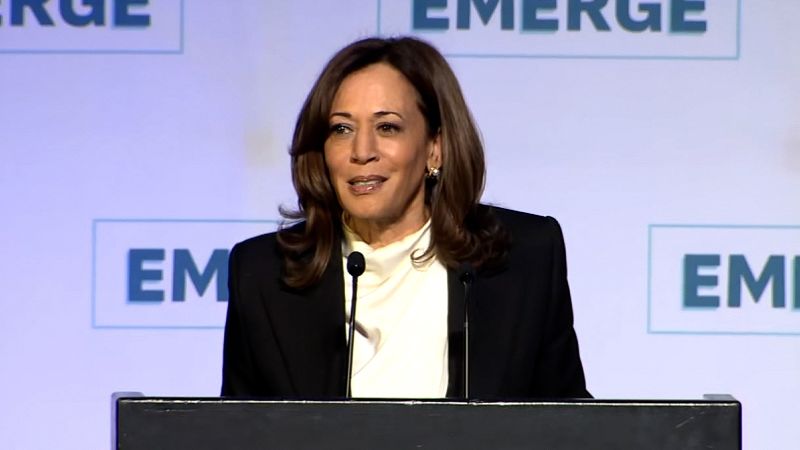Breaking: Harris Blasts Trump's Leadership, Warns of Eroding Democratic Principles

In a powerful and pointed address, former Vice President Kamala Harris delivered a scathing critique of her former political rival, Donald Trump, highlighting the profound economic and constitutional challenges faced during his presidency. Harris boldly characterized Trump's trade policies as the catalyst for what she described as the "greatest man-made economic crisis" in recent American history.
With characteristic precision, she dissected the former president's approach to international trade, emphasizing how his sweeping tariffs had destabilized economic markets and created unprecedented challenges for American businesses and workers. Beyond economic concerns, Harris also raised alarm about Trump's contentious relationship with the judicial system, warning that his repeated challenges to institutional norms were pushing the United States perilously close to a constitutional breaking point.
Her speech, marking her first major public address since leaving office, signaled a continued commitment to holding her political opponents accountable and articulating a vision for democratic governance that respects institutional integrity and economic stability.
